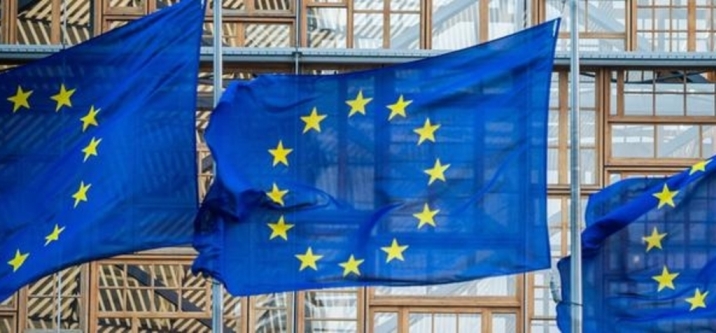No conclusions on the Western Balkans have been adopted in Brussels. The Czech Republic, Slovakia and Austria have objections to Article 8 of the conclusions proposed by Germany on the misinterpretation of history. Although according to Berlin the clause would apply equally to Macedonia, Bulgaria and Greece, some countries still find the historical context in the conclusions unacceptable. Unofficially, the position of Slovakia, the Czech Republic and Austria was that Bulgaria was allowed take things too far.
The disputed clause reads “The Council recalls the Prespa Agreement between Macedonia and Greece and the Agreement on Friendship, Good Neighborliness and Cooperation between Macedonia and Bulgaria and emphasizes the importance of their continued implementation. These two major steps should effectively end all claims based on misinterpretation of history.”
The failure to adopt the conclusions was also confirmed by the Czech Ministry of Foreign Affairs. In an official statement, the Czech Foreign Minister Tomáš Petříček said his country strongly supports the enlargement process.
The existing text with the conclusions implies further complications on the road in the enlargement process, according to the statement from his office.
On the other hand, German Chancellor Angela Merkel expects a solution in the near future. Answering questions from the chair of the European Affairs Committee Guenter Krichbaum, Merkel said she was in contact with Bulgarian Prime Minister Boyko Borisov. Krichbaum criticized Germany’s presidency for failing to start negotiations with Macedonia.
Foreign Minister Bujar Osmani also believes that there is a deep disappointment in Macedonia due to the failure of Germany’s presidency to adopt the negotiating framework. He said this after meeting with his Hungarian counterpart Péter Szijjártó in Budapest.
Yesterday’s EU conclusions said that the candidate countries should do everything to put an end to the misinterpretation of history. I agree, but I think the ‘Elephant in the Room’ is more about preventing misinterpretation of the present and the future, Osmani said, referring to the Frontex Deployment Agreement stuck in the bloc bodies precisely because of Bulgaria’s opposition to accept and tp recognize the present.
In this regard, the Minister pointed out that Macedonia has bridged this challenge through bilateral agreements with EU member states, which additionally speaks of the authentic European course of the country.
That the negotiating framework will not be adopted and that the first intergovernmental conference will not be held became clear on December 8, when Bulgaria vetoed the conclusions due to the dispute with Macedonia.






Comments are closed for this post.